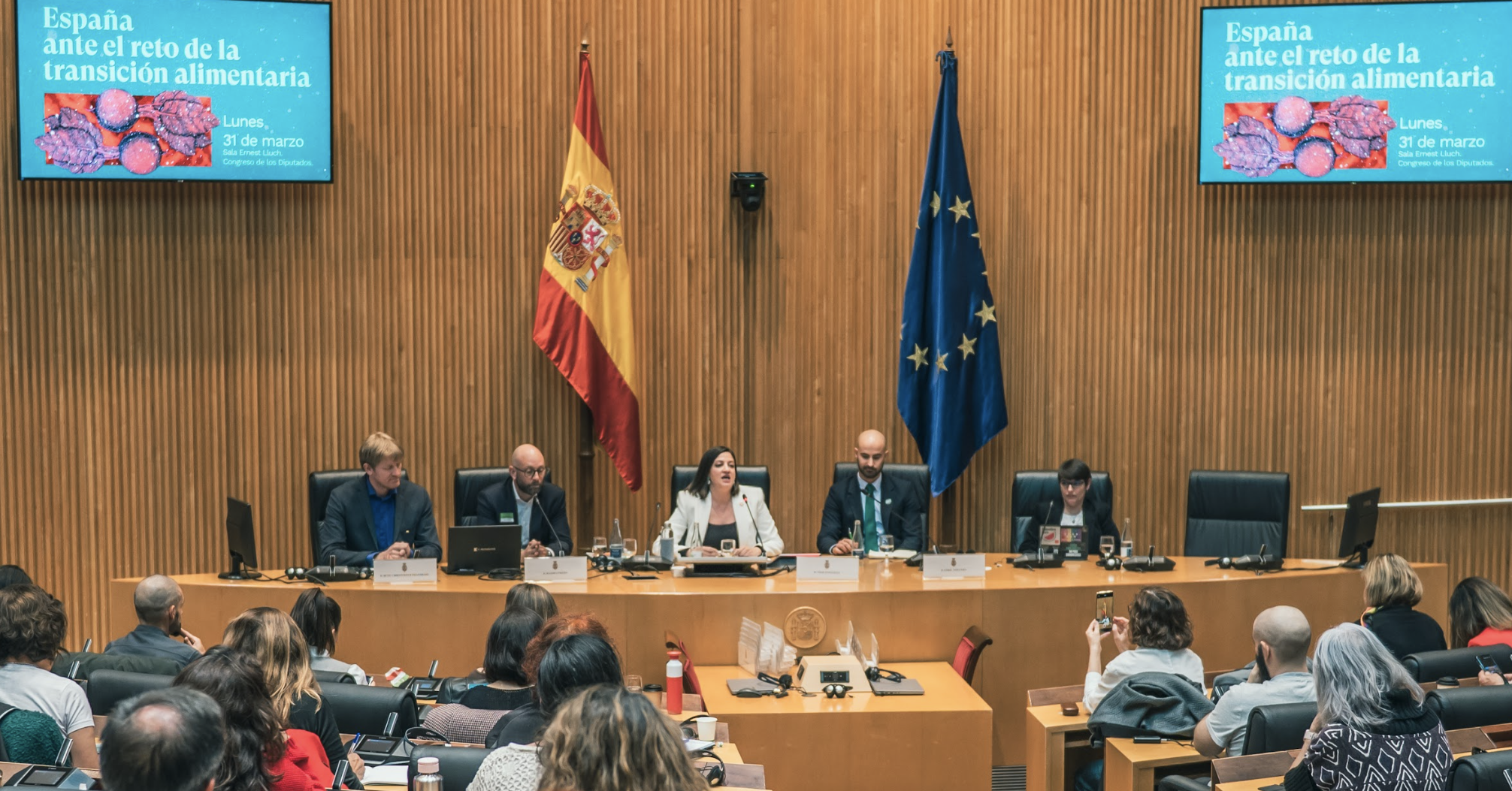Are you ready to make a difference? Join us as our new Legacy Officer.
We’re recruiting for a motivated and passionate, Legacy Officer to join our Global Fundraising Team. As part of this new role, you'll help support and coordinate a growing caseload of legacies, as our legacy income increases both in the UK and internationally.
Your contributions will support our mission to end factory farming by 2040.
About Us:
Compassion in World Farming International is a leading global organisation dedicated to ending factory farming worldwide. We were founded in 1967 by Peter Roberts, a British farmer alarmed by the rise of factory farming. Over the past 50 years, we have made major strides in abolishing inhumane practices such as barren battery cages, veal crates, and sow gestation crates in the UK and Europe.
Our approach involves campaigning, advocacy, and engagement with policymakers at national, intergovernmental, and corporate levels, building a movement of individuals concerned about animal welfare and the health and sustainability of our food. We are driven by a passion for animal welfare and food system change, believing in a future where animals are treated with compassion and respect, and where sustainable farming practices prevail for a healthy planet.
Our international headquarters are in Godalming (UK), with team members in 14 countries on four continents including the US, Italy, France, Poland, the Netherlands, Spain, Czechia, China, and a specialist policy office in Brussels.
About the Role:
As part of this new role as Legacy Officer, you will support the administration of UK and international legacy gifts, from notification to final distribution. You will help manage a growing caseload and ensure compliance with legal and organisational policies. Additionally, you will assist in expanding our legacy giving programme in new international markets, working closely with global teams to support strategies that maximise legacy income across different regions. You will also play a role in forecasting legacy income, conducting estate reviews, and preparing detailed reports to inform strategic decisions. Collaboration will be essential, as you will work closely with the Legacy Marketing Manager, Legacy Administrator and global fundraising teams to align legacy administration with broader fundraising initiatives. Additionally, you will help maintain and develop strong relationships with key stakeholders, including executors, solicitors, and international colleagues, to ensure the smooth administration of legacy gifts.
About You:
To be successful in this role, you will ideally need experience in UK legacy administration, and preferably also within an international context. You should have a proven ability to manage and coordinate a complex caseload of legacy gifts, ensuring compliance and maximising income. Strong analytical and forecasting skills, with attention to detail in reporting are essential, as well as excellent literacy and communication skills. You’ll have the ability to work effectively within a global organisation, understanding cross-cultural dynamics and regional legal frameworks. You’ll be able to build and maintain good relationships with executors, solicitors, and other key internal and external stakeholders.
It would also be advantageous if you also have a passion for global animal welfare issues, as well as experience with FirstClass and Salesforce CRM systems, although training can be provided for the successful candidate.
Why You Should Apply:
This is a valuable opportunity, where you will play a key role in legacy giving. In this an exciting new position, you'll provide essential administrative support and coordinate a growing caseload of legacies, working closely with the Legacy Administrator. The work you undertake as our Legacy Officer will play a crucial part in advancing Compassion’s mission, while contributing to a dedicated team focused on animal welfare and food system change.
Join us on a collective mission to shape a compassionate future for farm animals worldwide, while experiencing a workplace that truly cares for you:
- Enjoy an enhanced annual leave of 25 days per year, along with bank holidays
- Free onsite parking at HQ
- Optional savings schemes
- Embrace a fulfilling career that prioritises your well-being, while also enjoying Excellent Development opportunities
- Flexible, hybrid working model
- A defined Contribution Pension Scheme
To Apply:
If you are passionate about animal welfare and have the skills and experience to excel in this role, we would love to hear from you. Please submit your CV and a cover letter, outlining how you meet the Person Specification detailed in the job description. Please note that we reserve the right to commence interviews on a rolling programme.
Applications:
Closing date: 24th September 2024
1st stage Interviews (Teams) : W/C 30th September
2nd stage Interviews (at HQ) : W/C 7th or 14th October
No Agencies please.
Compassion in World Farming International is absolutely committed to providing equal opportunities for everyone regardless of their background. We value diversity and lived experience, and acknowledge the underrepresentation of people from certain backgrounds, both within our organisation and across the sector. We welcome applications from underrepresented groups, whether these be of ethnicity, gender, identity, religion, physical ability, sexual orientation or other.
To comply with legal requirements, as part of our selection procedure we ask all potential employees to prove their eligibility to work in the UK.



